Reviewing Evidence-Based Psychotherapies for Postpartum Depression
VerifiedAdded on 2023/06/12
|13
|1545
|240
Literature Review
AI Summary
This literature review synthesizes evidence-based practices for addressing postpartum depression, focusing on the effectiveness of various psychotherapeutic interventions. It examines studies evaluating systemic interpersonal psychotherapy, cognitive behavioral therapy, and dyadic approaches, highlighting their impact on improving maternal mental health. The review identifies key variables such as social support, clinical depression severity, and the use of tools like the Edinburgh Postnatal Depression Scale (EPDS) for early detection. It also addresses the importance of properly trained caregivers and tailored interventions to meet the specific needs of new mothers, while acknowledging limitations such as small sample sizes and reliance on self-reporting scales. The analysis of multiple studies reveals that interpersonal psychotherapy (IPT) and relational treatments can be particularly useful in alleviating postpartum depression, emphasizing the significance of engaging relatives and providing comprehensive support to enhance treatment outcomes. Desklib offers a platform for students to access similar solved assignments and past papers for further study.
1 out of 13
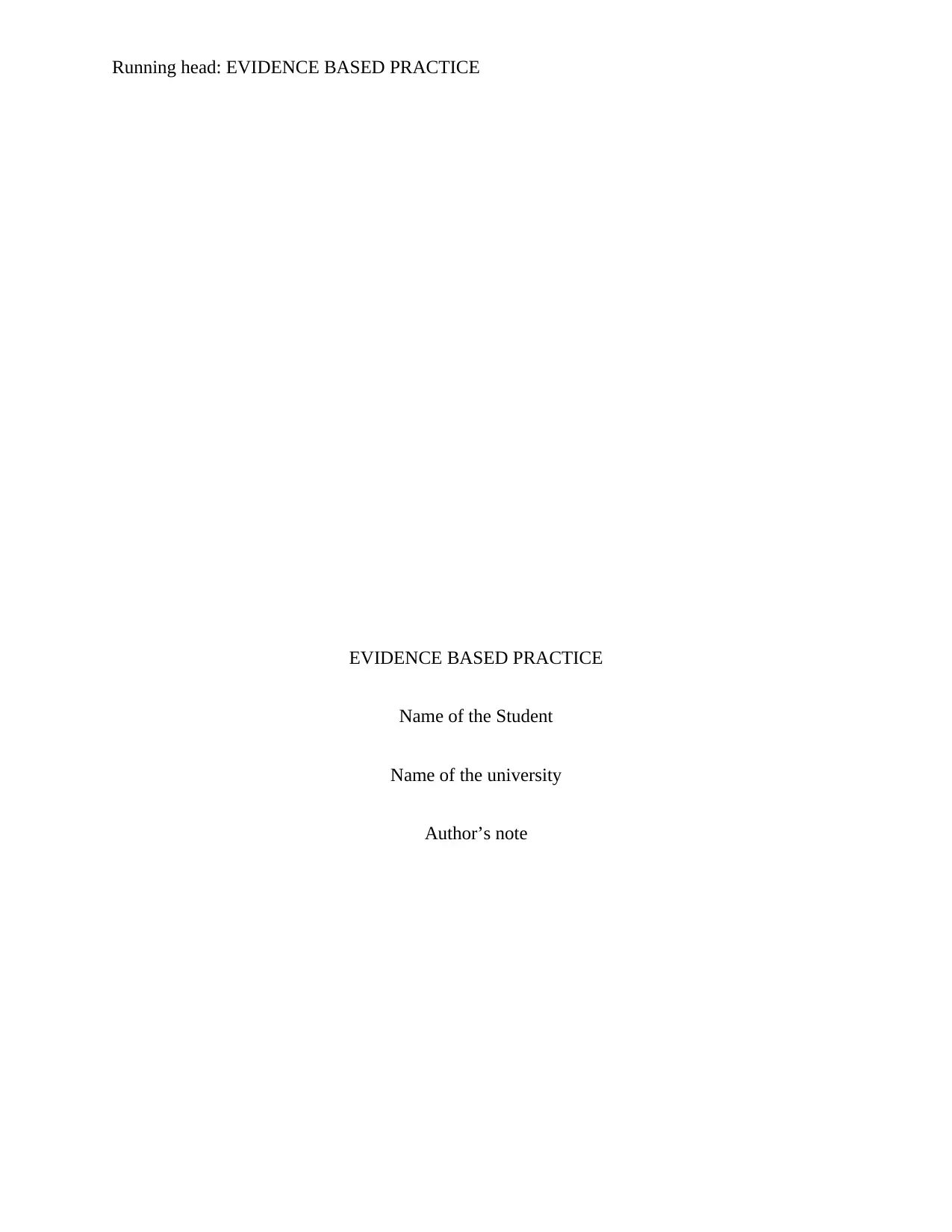
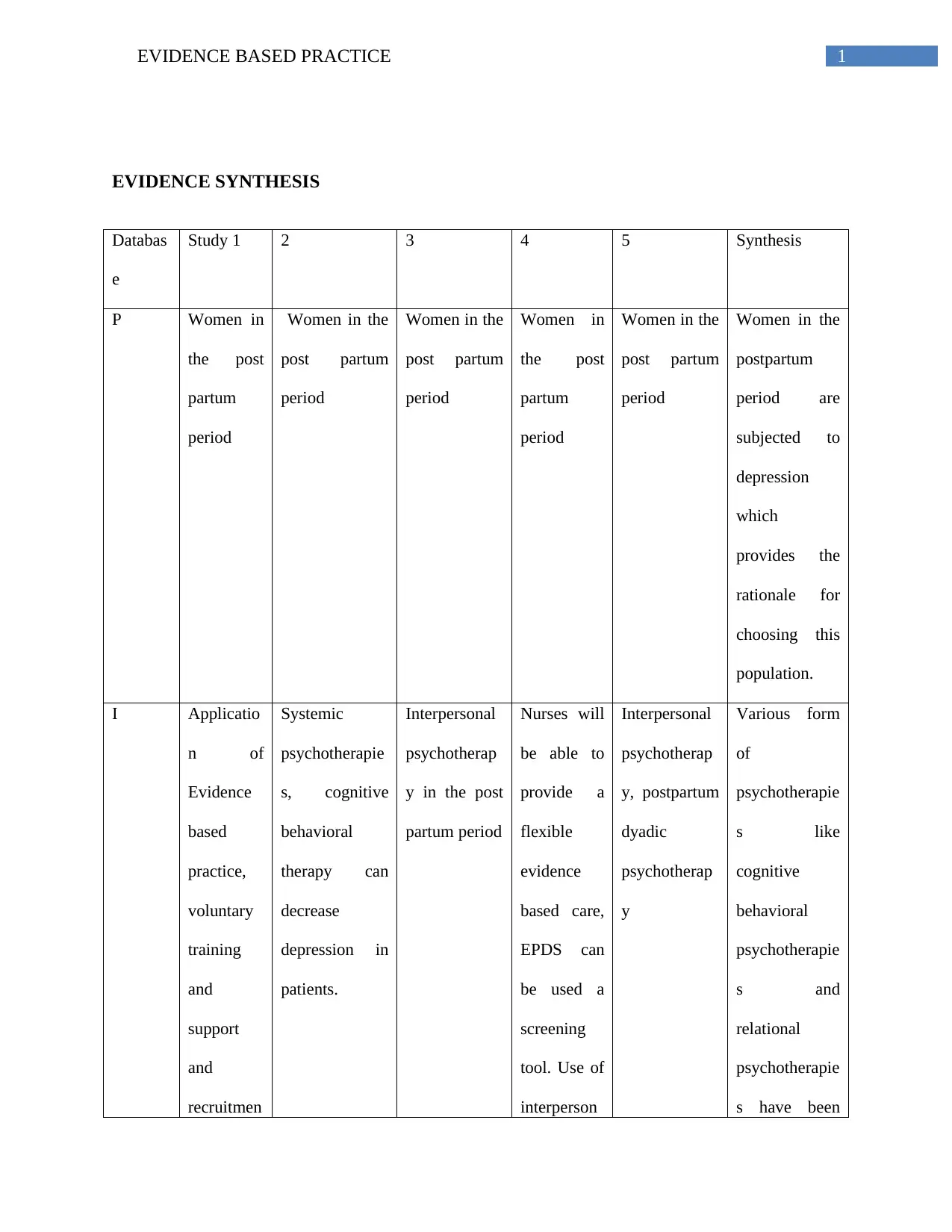
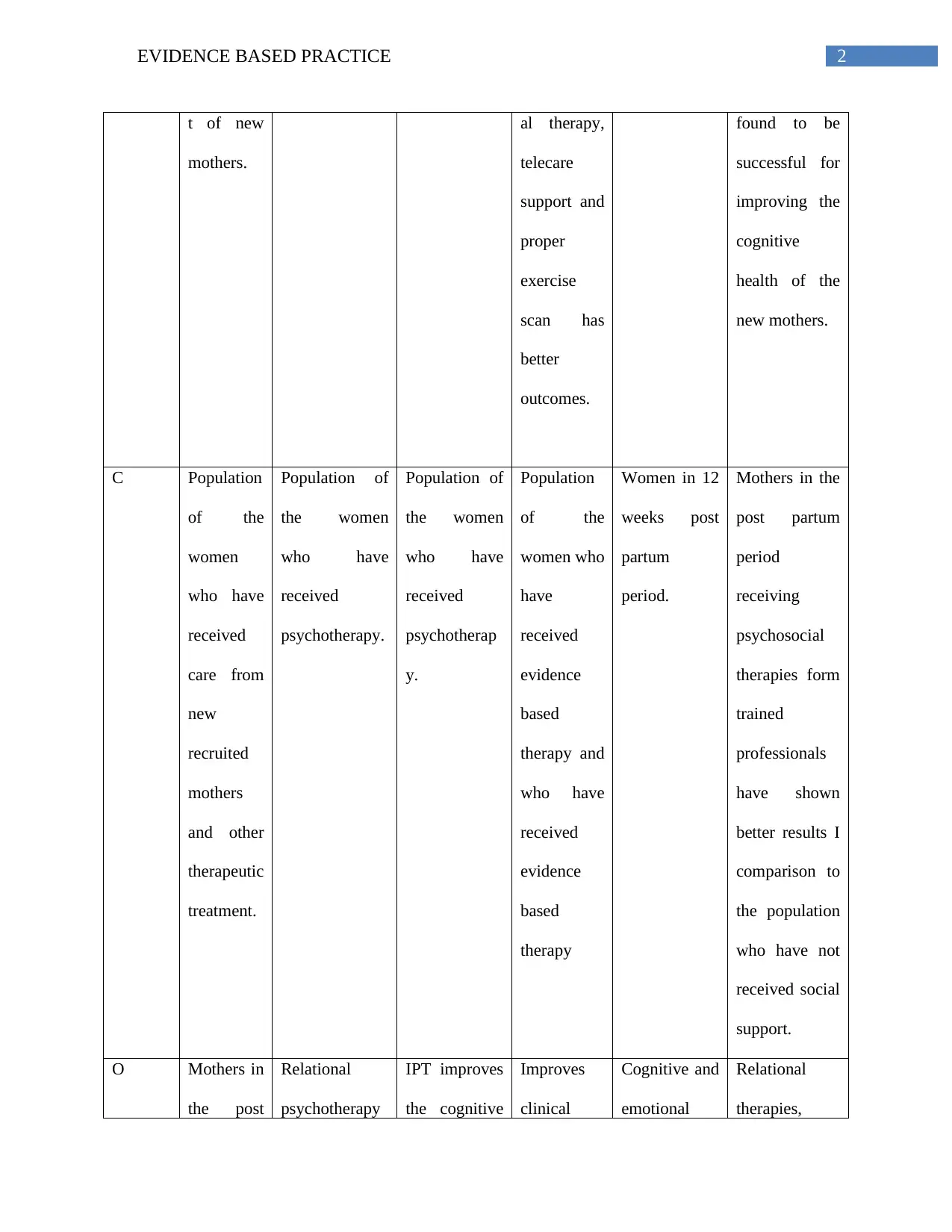
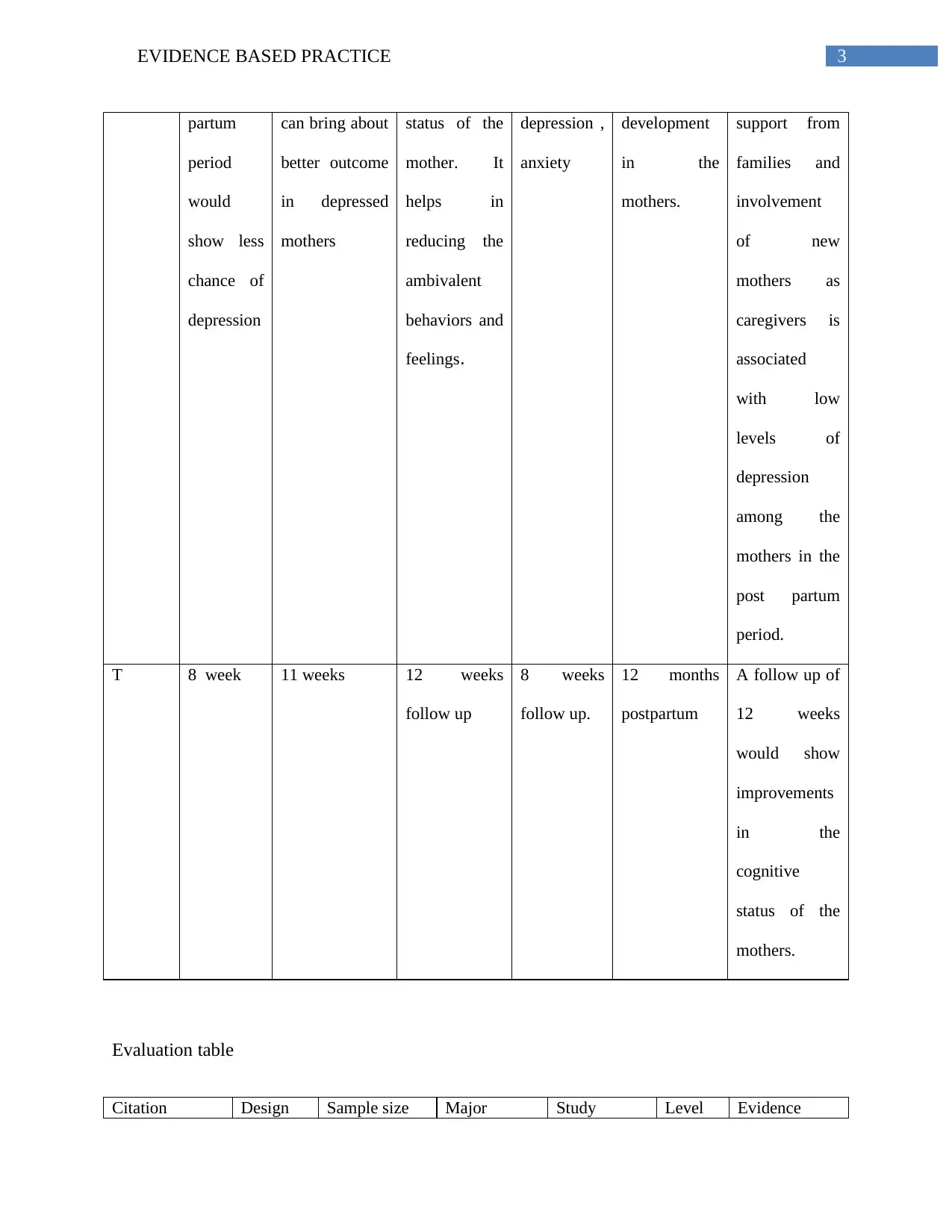
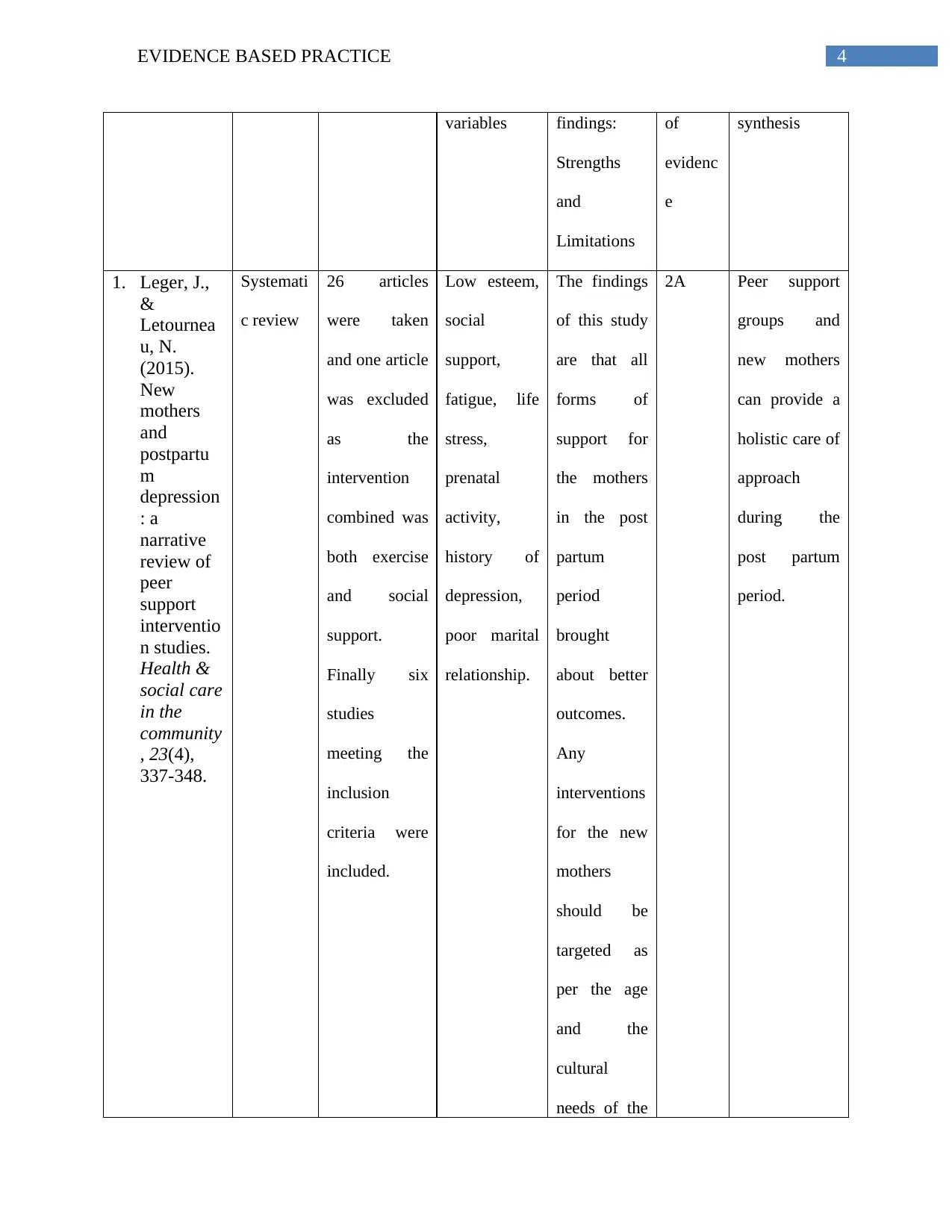
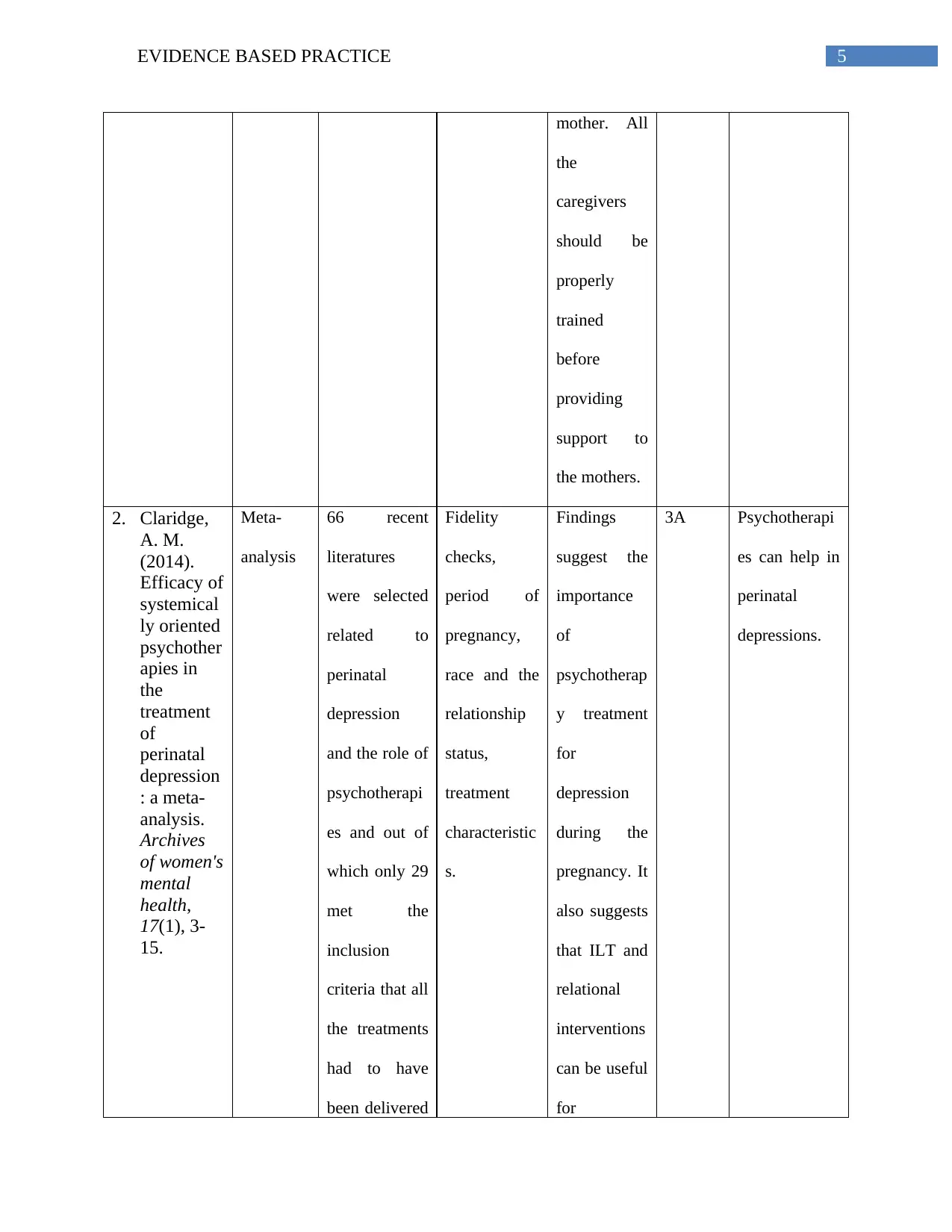
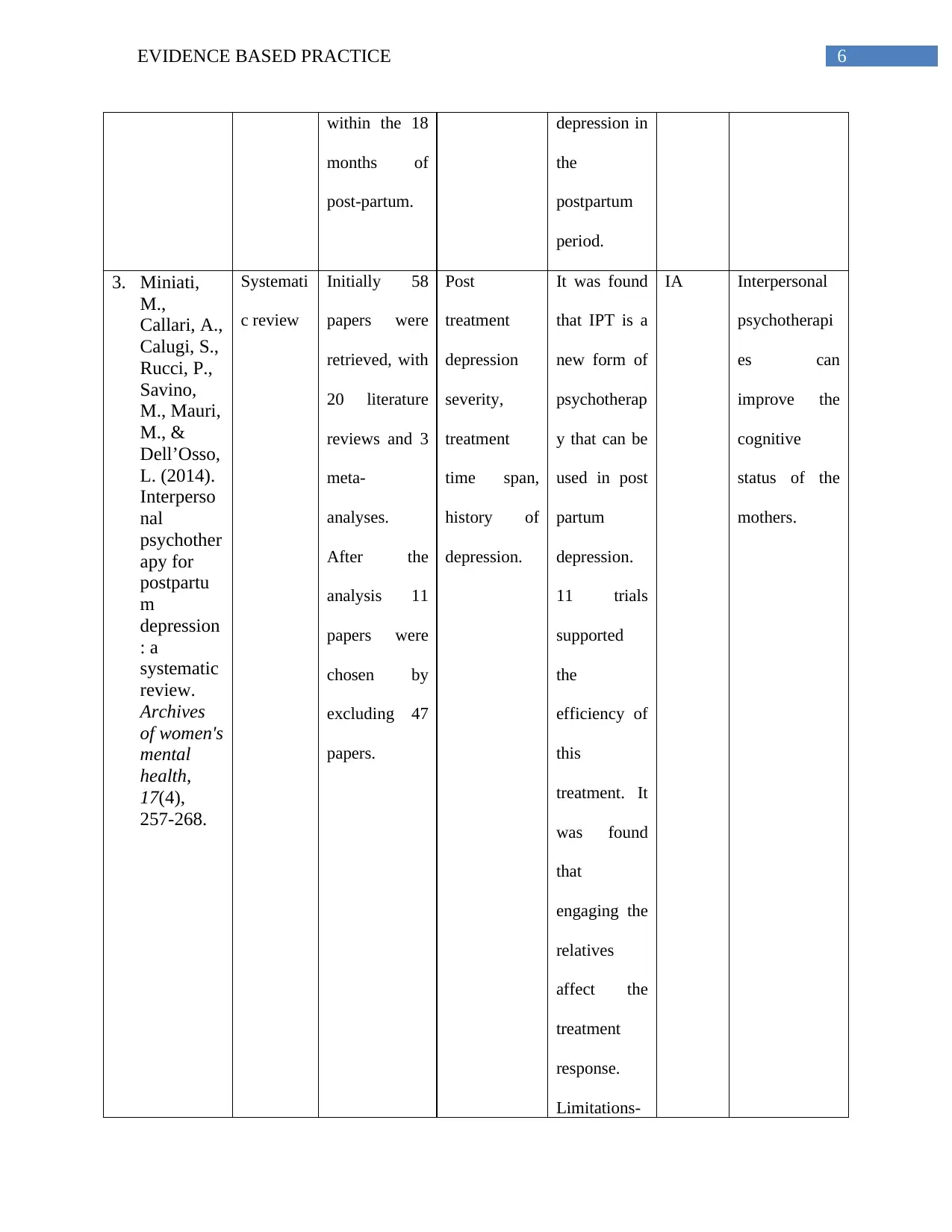
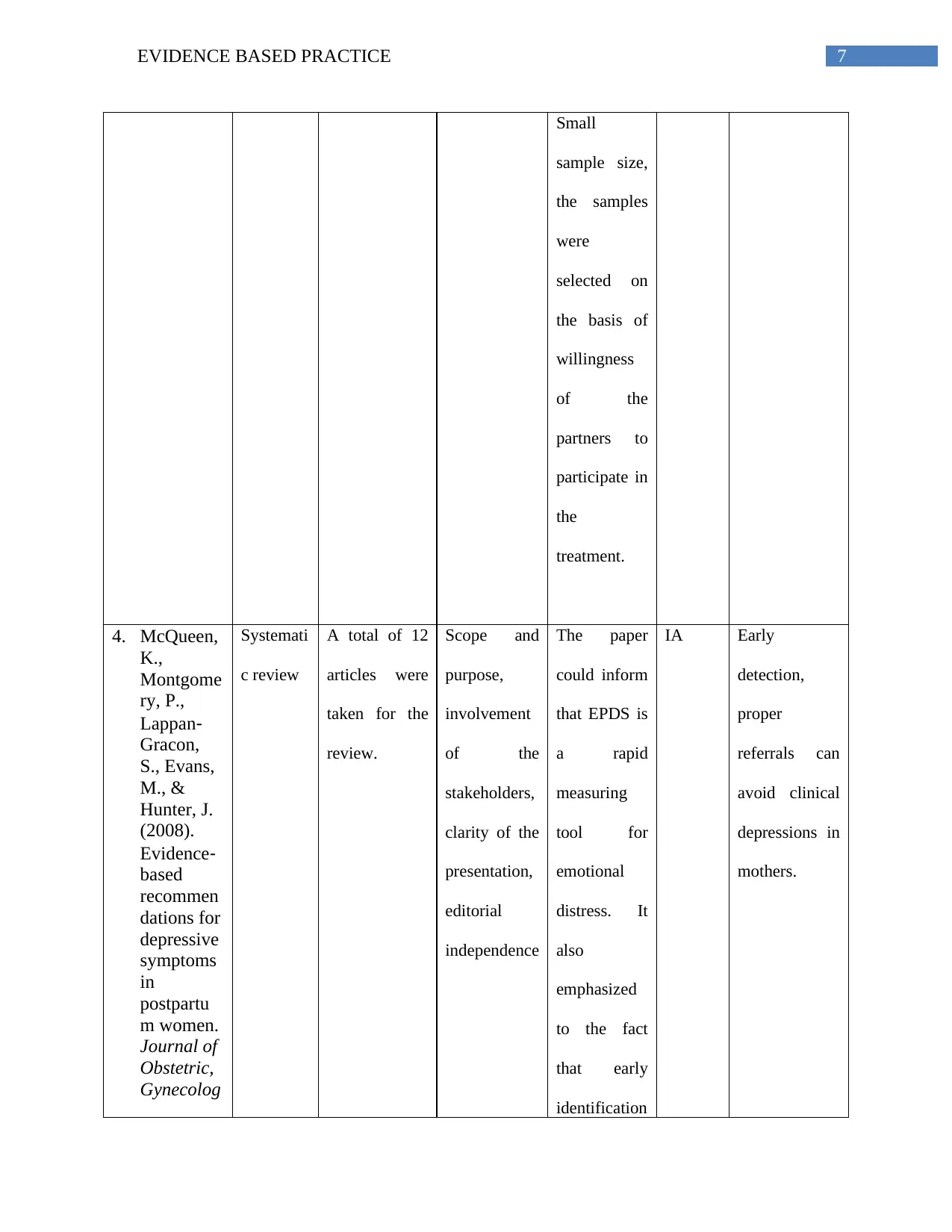
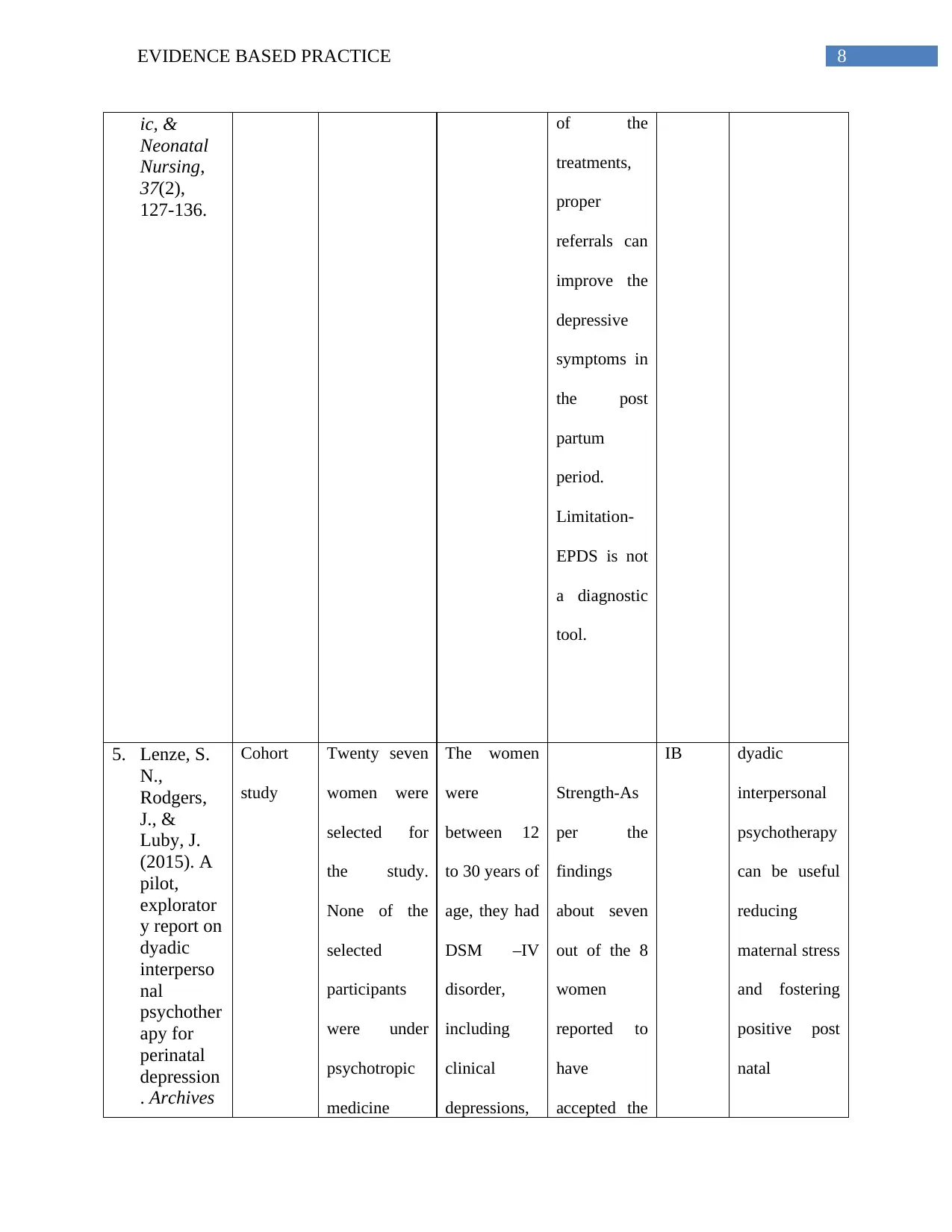
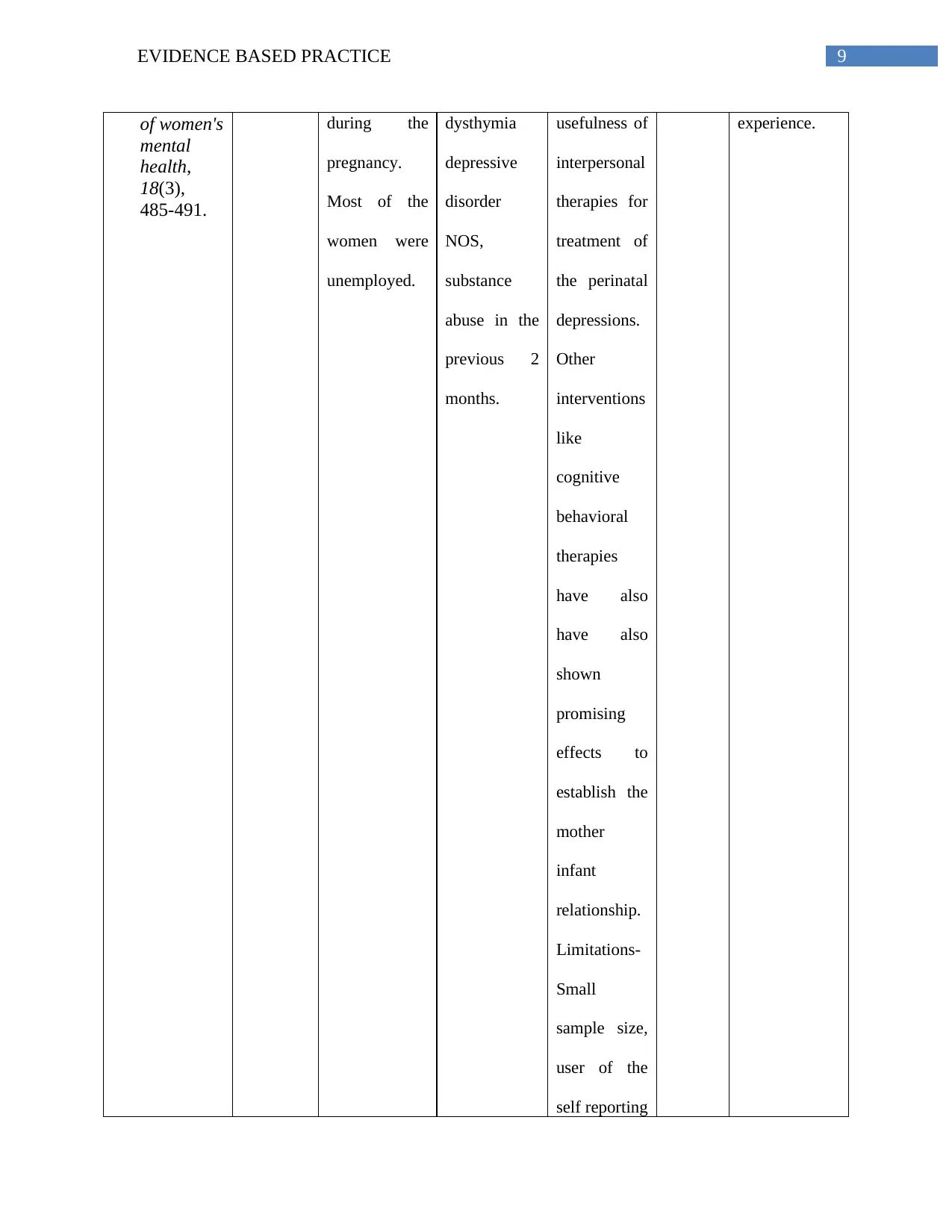

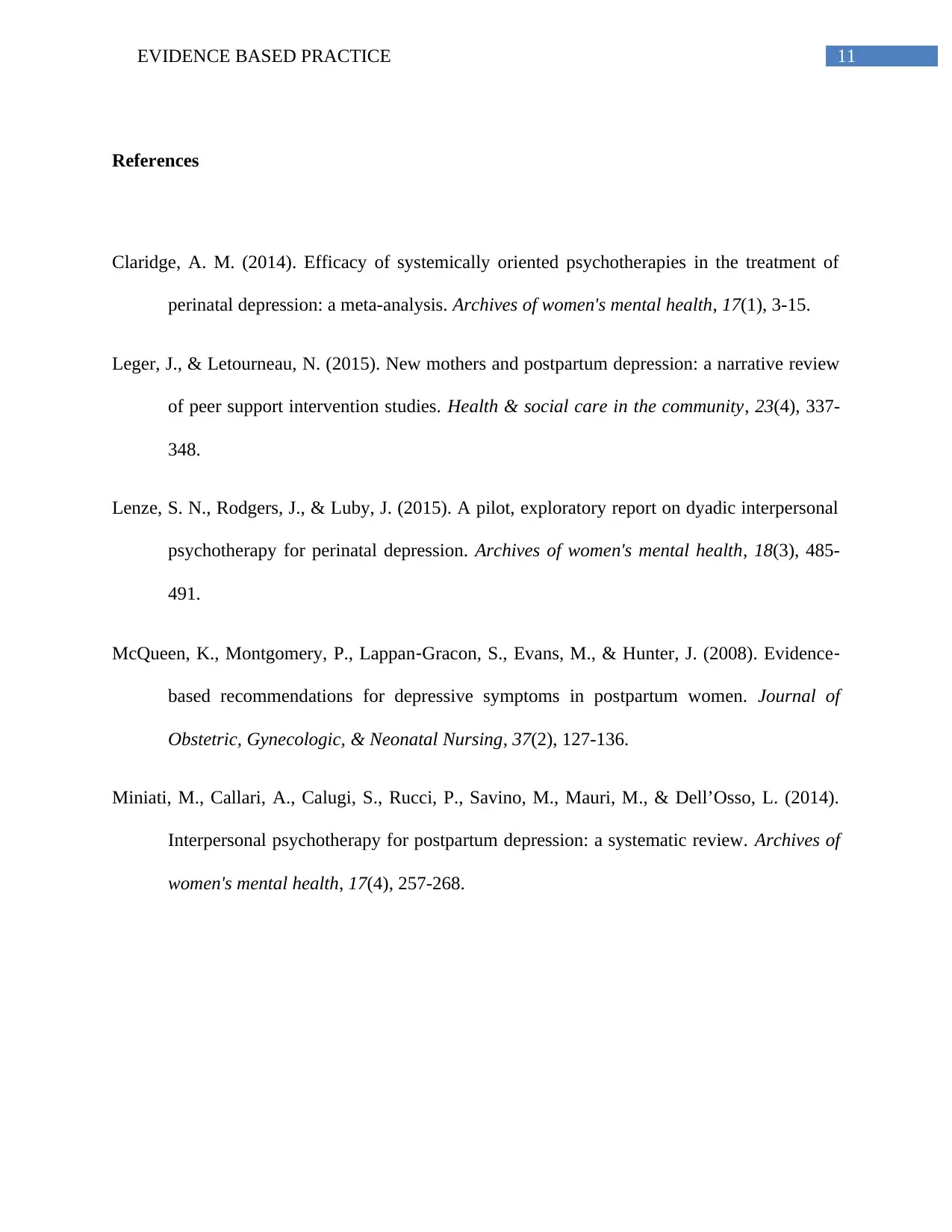






![[object Object]](/_next/static/media/star-bottom.7253800d.svg)